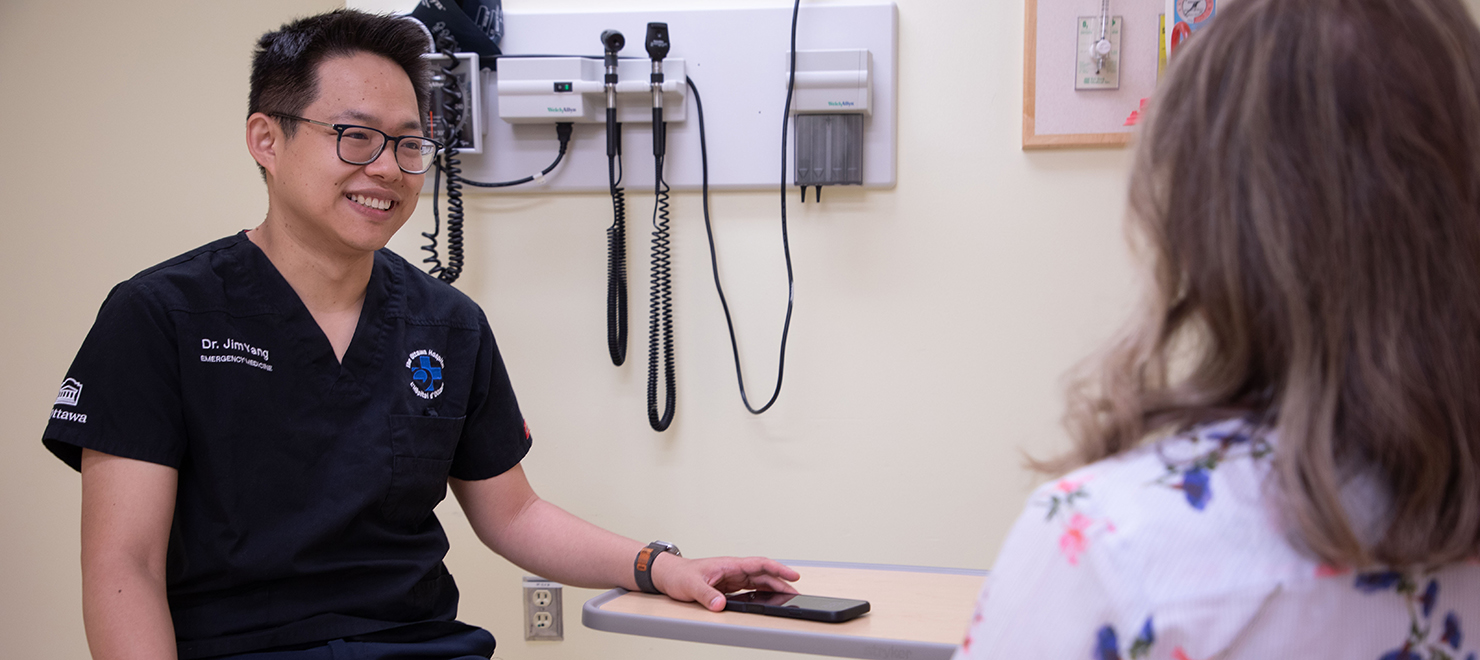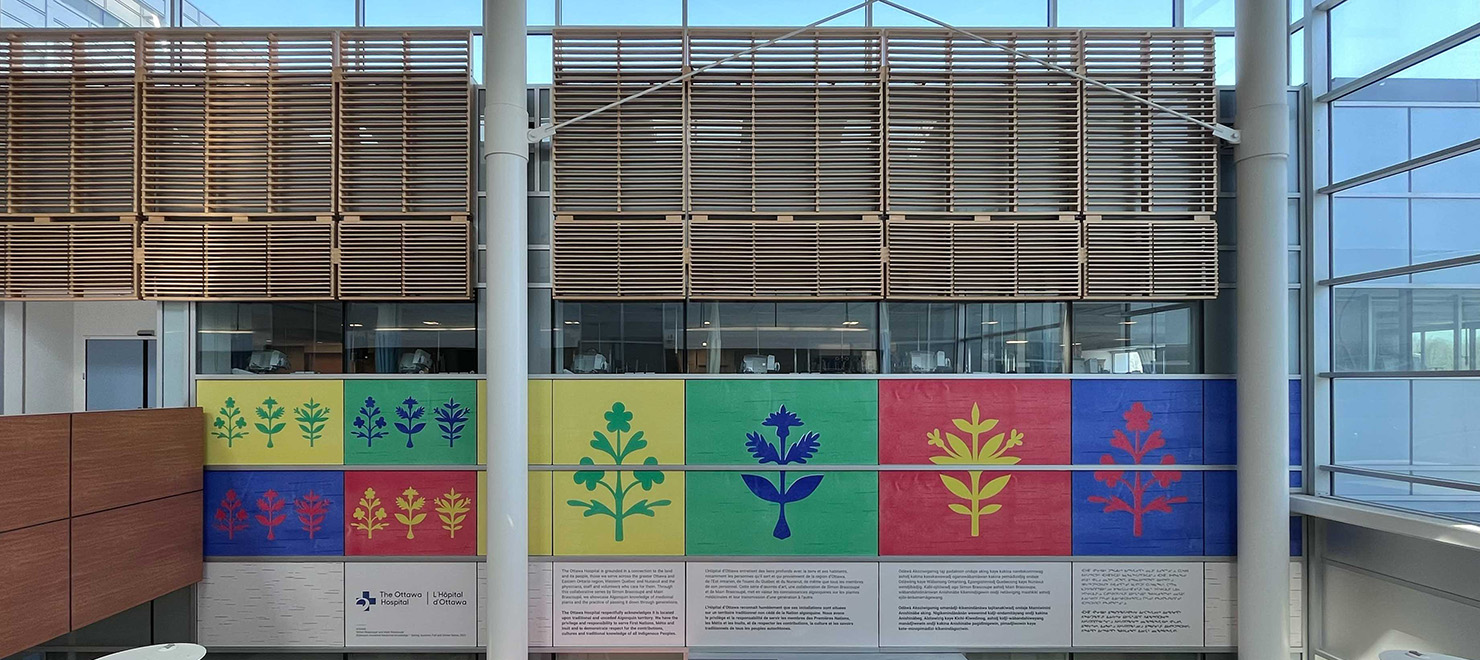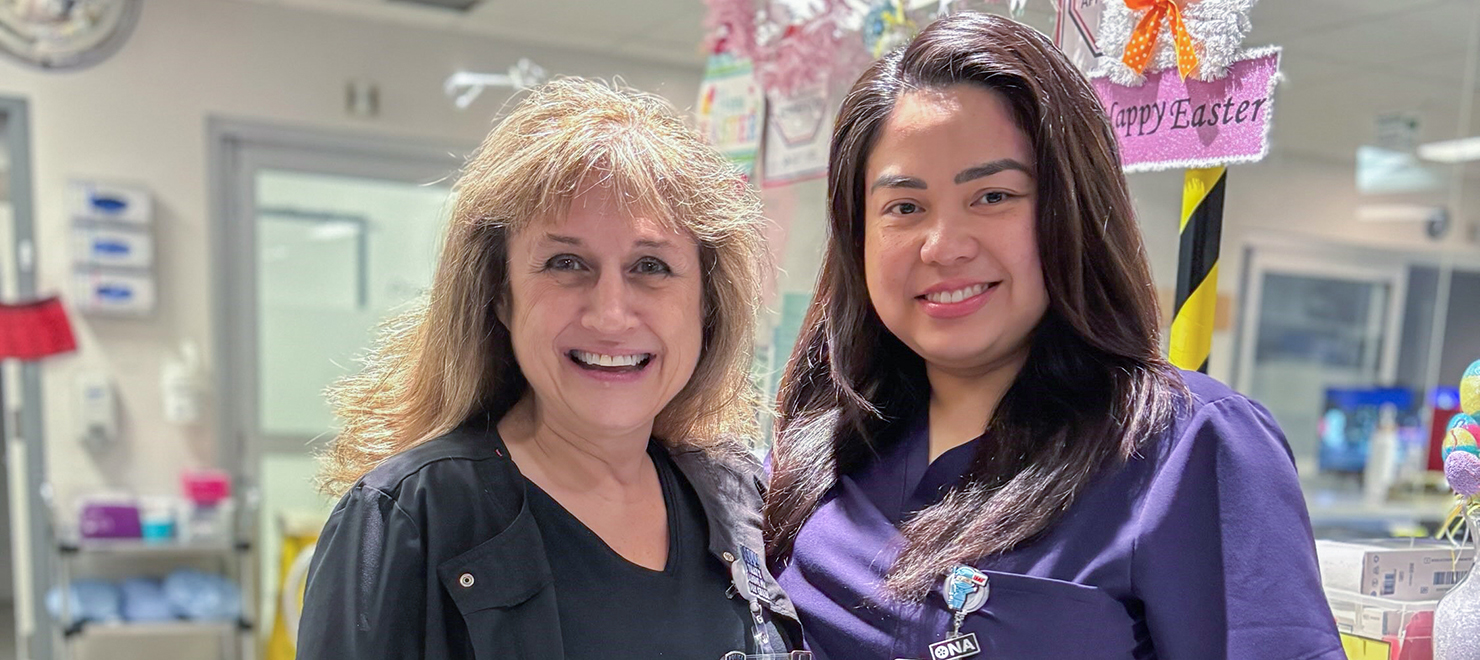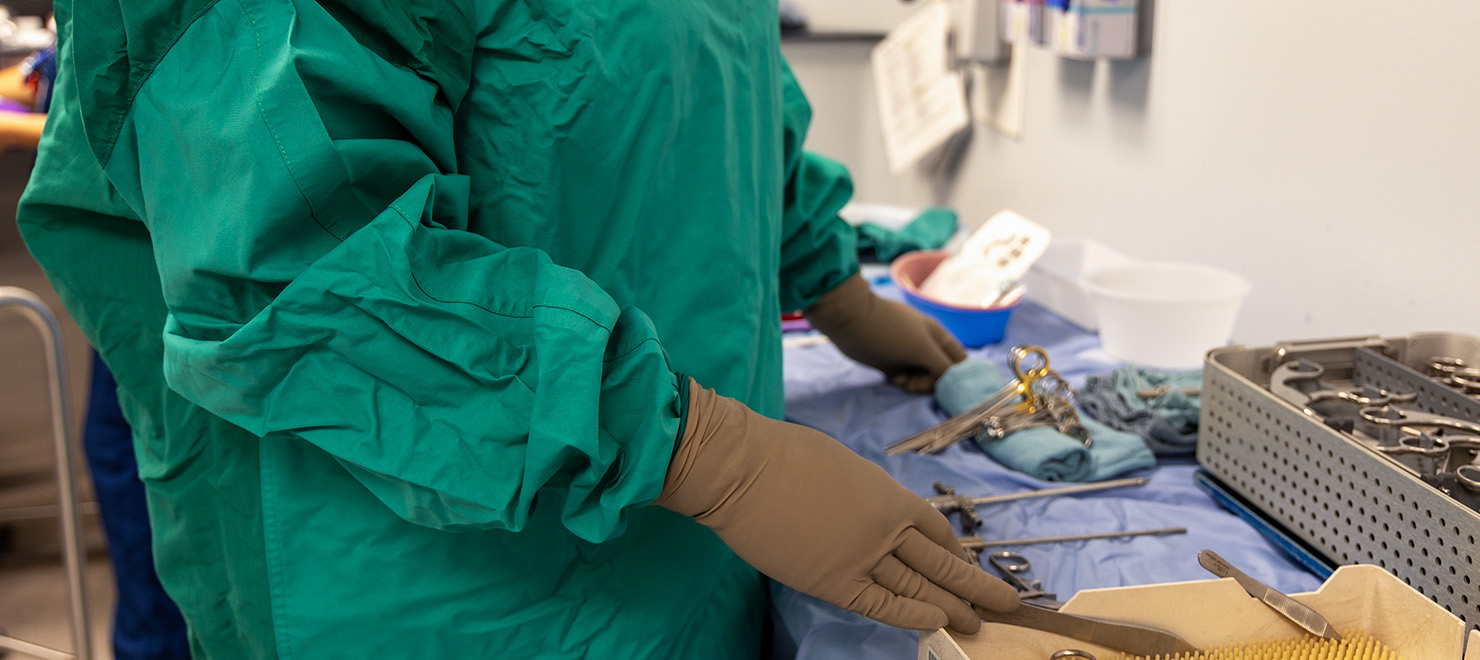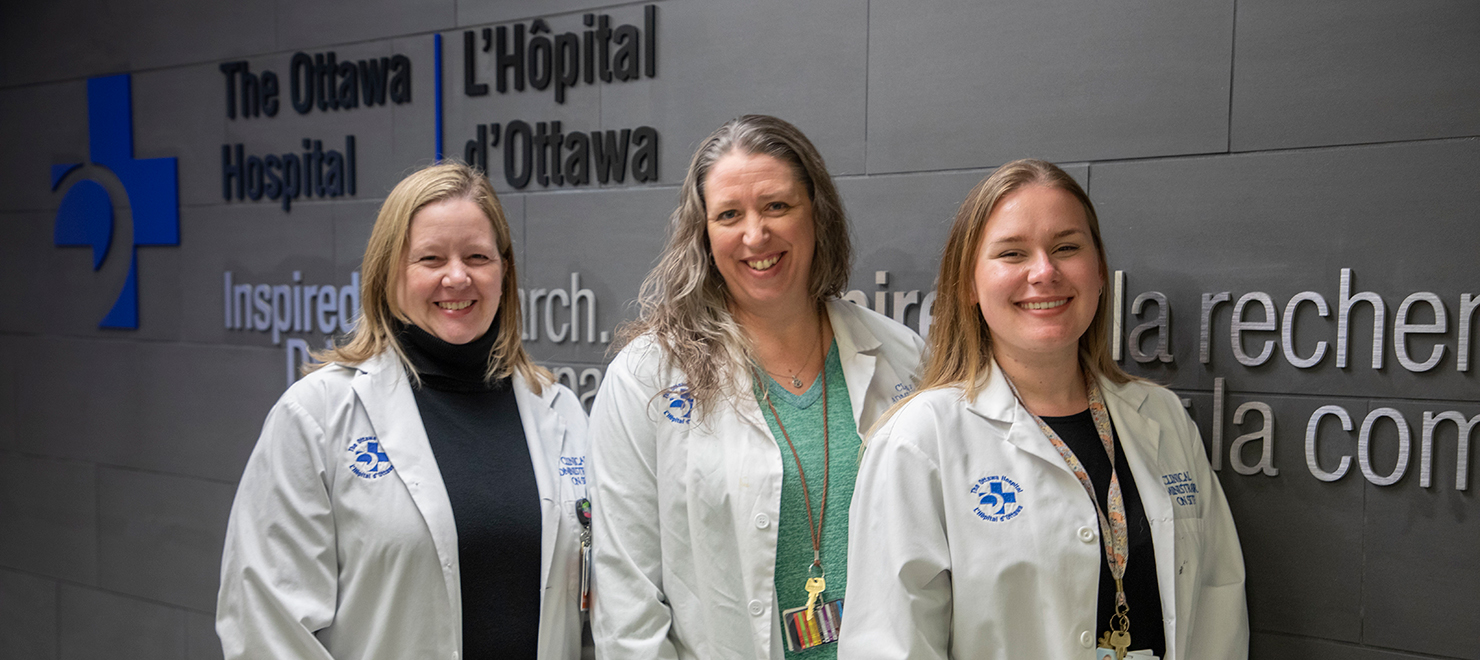![: The Ottawa Hospital [left] and Israel’s Sheba Medical Center](https://www.ottawahospital.on.ca/wp-content/uploads/2019/10/YIMC-Banner-021029019.jpg)
The Ottawa Hospital [left] and Israel’s Sheba Medical Center will use the ‘ARC’ model, which focuses on open innovation and collaboration in health care.
Canada and Israel stand more than 8,000 kilometers apart, but when it comes to health care, their approaches are about to move a lot closer together.
The Ottawa Hospital joined Israel’s Sheba Medical Center to become one of only two hospitals in the world considered an “ARC,” a model that aims to accelerate efforts to redesign health care through collaboration.
The ARC model is unique in its ‘open innovation’ philosophy, which recognizes that health-care challenges cannot be solved unless experts from outside the system – including patients and industry – participate in the process.
By adopting the ARC model, The Ottawa Hospital is preparing for the ‘flood of care demand’ caused by a wave of an aging population.
The lessons we learn from forming an ARC with Israel will significantly enhance our ‘made-in-Canada’ efforts to achieve higher quality at lower cost in support of a healthier population. High-value health care is the key to a health system being universal, publicly-administered, portable and comprehensive for generations to come.
And Israel has many important lessons to share.
Compared to Canada, Israel:
- invests significantly less in health care while its citizens have better access to care and enjoy better outcomes
- spends less than 70 per cent per capita on health care
- has considerably shorter wait times to see physicians and undergo specialized procedures
- has equivalent health indicators such as perinatal mortality and life expectancy
By adopting the ARC model, The Ottawa Hospital is preparing for the ‘flood of care demand’ caused by a wave of an aging population. This wave will test our commitment to our health-care goals. Do we have the ability, resolve and compassion to see a stronger health system emerge?
We believe so, and we look to Israel for inspiration on how to drive innovation. The Sheba Medical Center is not only at the cutting edge of everyday digital innovations, but is also developing next-generation biomedical devices and pharmaceutical products, which have meaningful impacts on a patient’s quality of life.
The ARC model has four elements:
- Prioritizing digital technologies. While other technologies can make small shifts in health-care value, big changes will only happen as a result of digital technologies, including advanced analytic techniques.
- Advocating for open innovation. Innovation thrivesthrough partnerships with industry in both countries and beyond.
- Encouraging teamwork. Critical to success is learning from the experiences of others, avoiding duplication of effort, spreading successful approaches rapidly and taking advantage of complementary strengths.
- Creating the infrastructure for innovation. While innovation must include creativity and a ‘bottom-up’ approach, it must also be disciplined in order to move solutions from ‘prototype to product’ effectively and efficiently. This principle clarifies how innovation occurs and who is accountable for it.
Our first focus for the ARC model will be to better address the health-care needs of seniors. In particular, our goal is to help people stay in their own homes, when in the past they would have been hospitalized. We will develop remote solutions and work more closely with patients so that we can respond and deliver the right care at the right time.
We are at a critical time in Canadian health care when the demand for care is greater than our resources. It’s time to find new ways of doing things. With ARC, we can stay true to our principles of supporting a universal, publicly-administered, portable and comprehensive health-care system while we embrace innovations that achieve better quality care at lower cost.

Support patient care and research at
The Ottawa Hospital
You might also like…
Less time charting means more time with patients: How The Ottawa Hospital is using AI to support patient care
“I’m seeing and treating more patients.” Find out how DAX Copilot, a powerful AI assistant, is helping our physicians cut down on paperwork, improve their own well-being and spend more time with patients.
A guide to services at The Ottawa Hospital for Indigenous patients and families
At The Ottawa Hospital, we are committed to providing culturally safe care for First Nation, Inuit and Métis patients and families. We are working with Indigenous partners to identify ways we can make your time in hospital more welcoming. Here are some of the ways we’re doing that now.
Novice nurses and their mentors learn and grow together
Discover how mentorships at The Ottawa Hospital facilitate a smoother transition into practice for novice nurses, allow experienced nurses to hone their leadership skills, and play a crucial role in retaining nurses from both generations.
New reusable surgical gowns a step towards greener operating rooms
The Ottawa Hospital is finding safe, innovative ways to reduce medical waste in its operating rooms by using more environmentally sustainable products.
“Crash testers”: Preparing our health-care teams for real-life emergencies
Swapping patients for manikins, our Simulation Patient Safety Program recreates medical emergencies right in our hospital, allowing our care teams to “crash test” their responses to cardiac arrests, respiratory failures, mass casualty events and more. Dive into this Q&A for a closer look at how this training program enhances patient safety and quality of care.
Meet the team that brings CAOS every night
Don’t let the CAOS team’s name fool you. Find out how these nighthawks help make sure everything runs smoothly at our campuses and satellite sites after hours.


 To reset, hold the Ctrl key, then press 0.
To reset, hold the Ctrl key, then press 0.
